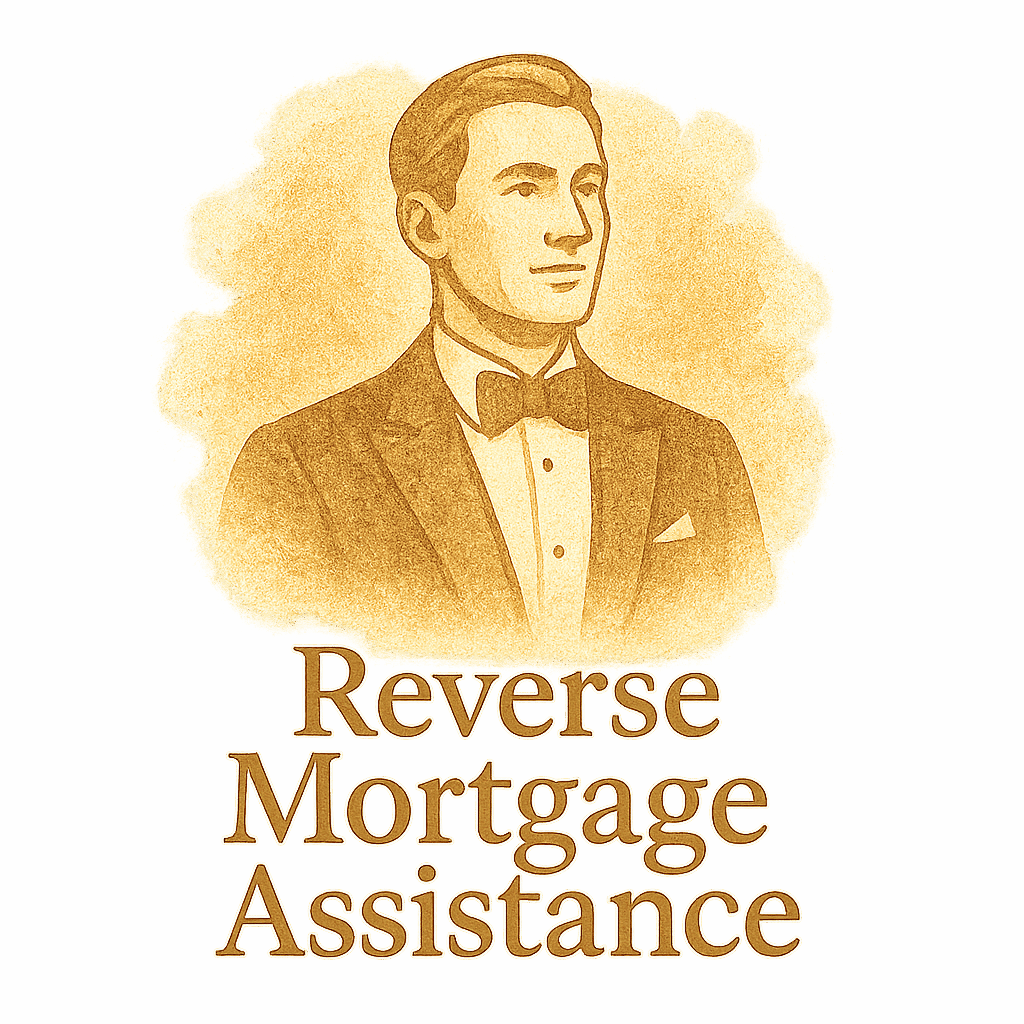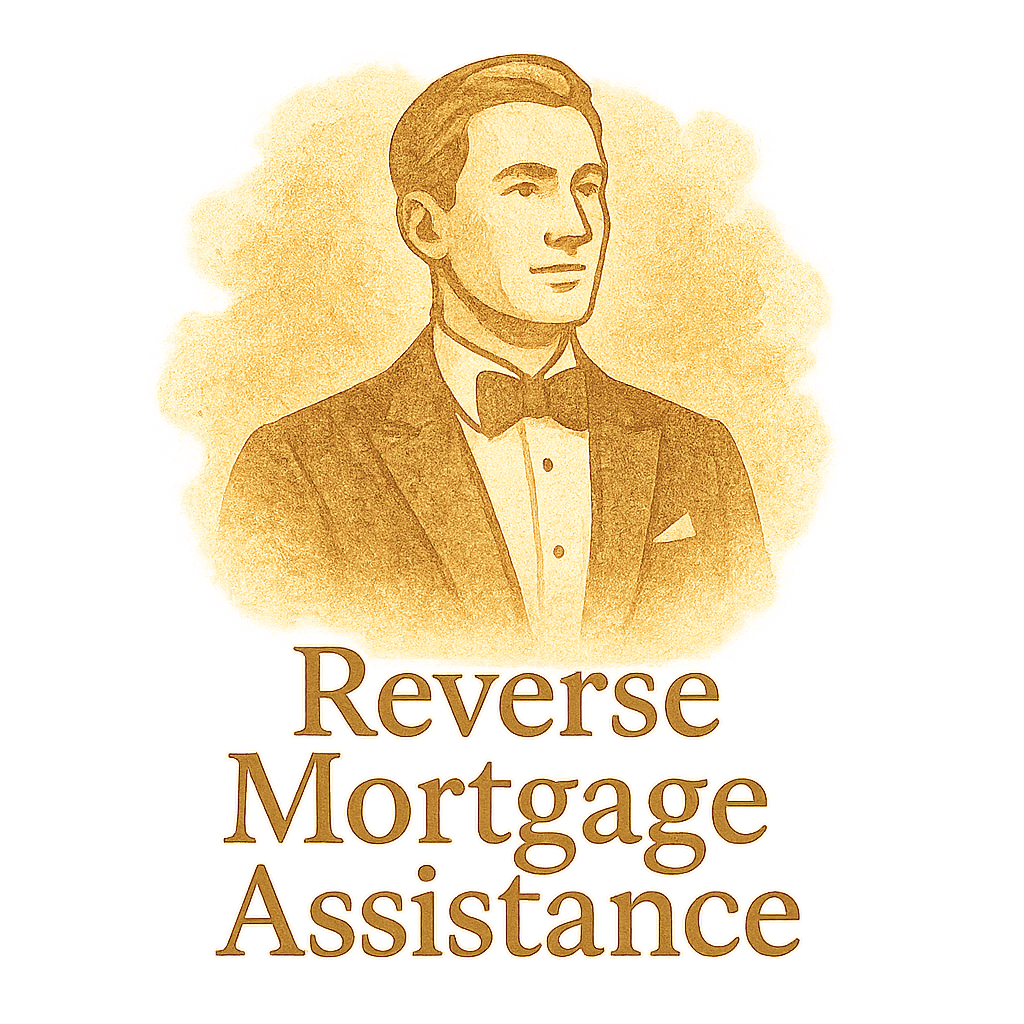Introduction: Protecting Your Retirement from Scammers
You’ve worked hard all your life, paid off your home, and finally reached retirement. But just when you’re ready to enjoy it, along come scammers with devious tricks targeting your reverse mortgage. Sounds scary, right?
In this article, we’ll uncover the top 8 reverse mortgage scams and—more importantly—how you can avoid them. Because when it comes to your home and your retirement, knowledge isn’t just power—it’s protection.
Let’s break it down in a friendly, no-jargon way.
What Is a Reverse Mortgage?
A Simple Explanation
A reverse mortgage lets homeowners aged 62 or older borrow against the equity in their home without having to sell or make monthly payments. It sounds great, right? It can be—if you work with legitimate professionals.
For a deeper dive into the basics, check out our Reverse Mortgage Basics Guide. You’ll learn how it works and whether it fits into your retirement strategy.
Why Seniors Are Targeted
Scammers prey on seniors because they often have significant home equity and may be less familiar with newer financial scams. Plus, reverse mortgages are complex—perfect bait for manipulation.
Why Reverse Mortgage Scams Are a Serious Threat
Reverse mortgage scams don’t just rob you of money—they can steal your home, your peace of mind, and your financial security. These scams range from slick sales tactics to outright forgery.
Understanding the tricks is the first step to dodging them.
1. Fake Reverse Mortgage Counselors
How This Scam Works
A scammer pretends to be a HUD-approved counselor, offering “guidance” for a fee. They may try to collect personal information or push you toward a specific lender they’re working with.
How to Avoid It
✅ Only use HUD-approved counselors.
✅ Never pay upfront fees for counseling.
✅ Verify credentials at the HUD website or through our Legal & Regulatory page.
Also, visit our tag for legal terms for more clarity on documents you’ll encounter.
2. Contractor Fraud Linked to Reverse Mortgages
The Red Flags
Scammers offer to “help” you get a reverse mortgage so you can pay for home repairs—and then vanish once you hand them the cash.
They might say things like, “We can roll the cost into your loan!” Big red flag.
Prevention Tips
🛑 Don’t sign any contracts under pressure.
🛑 Research the contractor AND the loan officer.
🛑 Read more on Contracts and how to protect yourself.
3. Foreclosure Rescue Scams
The Setup
You’re behind on property taxes or insurance, and someone shows up offering a miracle solution. In reality, they’re tricking you into signing over your home.
Protecting Yourself
🧠 Read all paperwork—twice.
📞 Get a second opinion from a trusted financial advisor.
🔗 For smart strategies, check out our Mortgage Planning section.

4. Title Forgery and Home Theft
How Fraudsters Trick You
Some scammers actually forge documents to steal the title to your home. Once it’s transferred, they might sell it or take out loans against it.
Legal Safeguards
💡 Always review the title documents.
⚖️ Check our Legal & Regulatory resources.
🔐 Monitor changes via your county records office.
5. Family or Caregiver Abuse of Power
Signs of Financial Elder Abuse
Unfortunately, some scams happen right inside the home. A relative or caregiver may coerce you into getting a reverse mortgage—then misuse the funds.
What You Can Do About It
🔒 Keep your financial information private.
📣 Speak up if something feels off.
📘 Review stories under Mortgage Case Studies for real examples.
6. Equity Stripping Scams
What It Means for Your Home Equity
In this scam, a bad actor helps you set up a reverse mortgage—only to drain the equity through bogus fees or repairs. You’re left with the debt and little else.
Spotting the Warning Signs
⚠️ Beware of “consultants” who demand part of the loan.
📄 Always compare terms via our Loan Comparison Tool.
🔍 Brush up on Equity basics to protect your wealth.
7. Bogus Lenders and Impostor Companies
Look-Alike Names and Logos
Some scams involve fake companies mimicking legitimate lenders. They send official-looking mail or emails trying to gain your trust—and your data.
Verifying a Legitimate Lender
🔎 Always confirm with the Better Business Bureau or HUD.
🧠 Explore verified resources at Reverse Mortgage Assistance.
📋 Review our section on Loan Comparison to vet lenders.
8. Reverse Mortgage Seminar Scams
Free Lunch, Big Lie
You get an invite to a “free seminar” or lunch to learn about reverse mortgages. Sounds nice—but the real goal? To pressure you into signing something fast.
How to Stay Informed
🍽️ If it sounds too good to be true, it probably is.
📚 Stick with reputable educational sources like our Mortgage Myths & Truths guide.
💬 Talk with someone you trust before making big decisions.
Bonus Tips: General Guidelines to Avoid All Scams
Do Your Homework
Always read the fine print. Visit our tag on Preparation for checklists and planning guides.
Know the Legal Landscape
Stay up to date with state and federal regulations on reverse mortgages through our Legal & Regulatory page.
Conclusion: Stay Empowered and Protected
Reverse mortgages can be a smart tool for retirement—if you dodge the traps. By knowing the common scams and taking action to protect yourself, you’ll stay in control of your future and your finances.
Remember: if it feels rushed, sketchy, or just too good to be true—it probably is.
When in doubt, reach out. Visit our homepage for expert resources and support tailored to you.
FAQs
1. Can you lose your home with a reverse mortgage scam?
Yes. If you fall for a scam, you could end up signing documents that give someone else ownership of your home.
2. How do I verify if a reverse mortgage counselor is legit?
Check the HUD.gov website or use the resources listed on our Legal & Regulatory page.
3. Are reverse mortgage seminars safe?
Not always. Some use high-pressure tactics to mislead you. Stick with trusted sources and avoid signing anything on the spot.
4. What should I do if I suspect I’m being scammed?
Stop communication, save all documents, and contact a HUD-approved counselor or an attorney immediately.
5. How do I find a legitimate reverse mortgage lender?
Use our Loan Comparison tool and cross-reference with HUD-approved lists.
6. What are signs of elder financial abuse involving reverse mortgages?
Unusual account activity, secrecy about financial matters, or a caregiver suddenly taking control of your finances.
7. Can reverse mortgage scams affect my credit or retirement income?
Yes. These scams can create long-term debt, drain equity, and complicate access to future loans or benefits.


